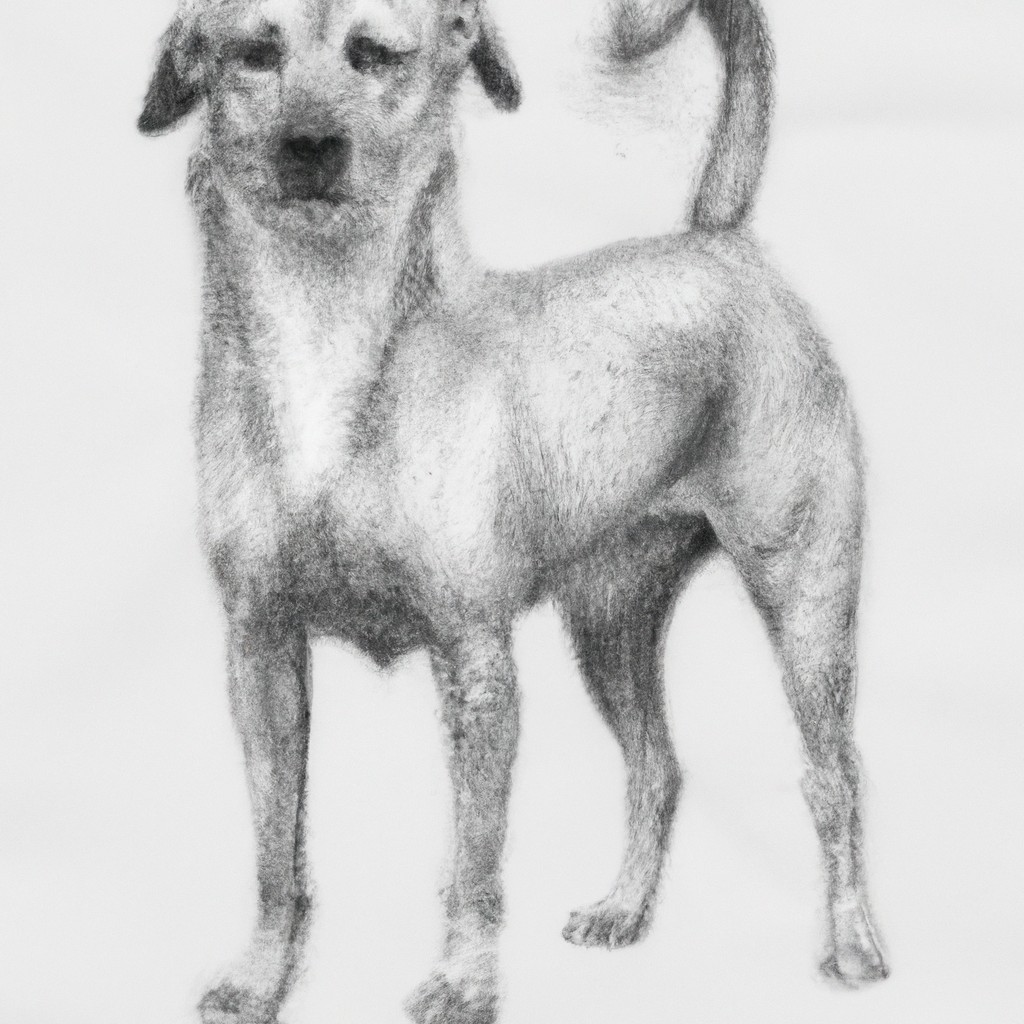Dear VetBabble: Is My Dog’s Dandruff and Scabbing a Cause for Concern?
I’m worried about my dog who seems to have dandruff and now has developed scabs on her back. I believe she might have scratched them, and they initially looked like cuts. I’m suspecting fleas and perhaps a minor skin infection setting in. Should I schedule an appointment with a vet to have it examined? What tests and treatments will be necessary to help my dog?
Identifying the Cause of Your Dog’s Skin Issues
When our furry friends develop skin issues such as dandruff, scabs, or hair loss, it can be worrying for pet owners. There are various potential causes for these symptoms – ranging from mild conditions like dandruff or flea infestations to more serious problems such as skin infections or allergies. To determine the cause and appropriate treatment, it’s essential to visit your veterinarian for a thorough examination.
During your visit, your veterinarian may perform a skin scrape cytology, a simple, non-invasive test that collects a sample of your pet’s skin cells to identify if there are bacteria, yeast, or parasites present. This test can help determine if your dog has fleas, mange, or other common skin conditions that require specific treatment protocols. For more information about some of these skin conditions, see our article on The Most Common Skin Conditions in Dogs.
Addressing the Underlying Causes
If your veterinarian determines that fleas are the cause of your dog’s scabs and dandruff, they will likely recommend a flea treatment and a plan to address any potential infestations in your home. In some cases, dogs may also have an allergic reaction to flea bites, so addressing both the fleas themselves and the resulting allergies is essential. Be sure to check out our article on Dog Allergies for more information on how to manage these issues.
It’s also possible that your dog’s skin issues may be due to hair loss resulting from another underlying condition such as hormonal imbalances or allergies. In these cases, it’s important to address the root cause to prevent further hair loss and skin irritation. Our article on hair loss in dogs can provide some additional context on these issues and potential treatments.
Treating Your Dog’s Dandruff and Scabs
Once your veterinarian has identified the underlying cause of your dog’s skin problems, they will recommend specific treatments to address the issue at hand. If a bacterial or yeast infection is present, antibiotics or antifungal medications may be prescribed.
In addition to any prescribed medications, your veterinarian may also recommend bathing your dog with a medicated shampoo to help address the dandruff and soothe your dog’s skin. You’ll want to avoid over-bathing your dog, as this can also contribute to dandruff and dry skin.
Ensuring that your dog is on a balanced diet and receiving essential nutrients can also promote overall skin health. Supplementing with omega-3 fatty acids can help improve your dog’s coat and reduce inflammation associated with skin conditions.
Lastly, it’s important to closely monitor your dog’s progress and keep your veterinarian informed if you notice any new symptoms or if your dog’s condition does not improve. The sooner you can identify potential issues and address them, the better off your dog will be.
In summary, it’s crucial to schedule an appointment with your veterinarian if you notice your dog experiencing dandruff and scabbing. Your veterinarian will help identify the cause, recommend appropriate treatments, and offer advice on how to manage your dog’s symptoms. By addressing these issues early on, you’ll ensure that you are providing your beloved pet with the best possible care and support for a healthy, happy life.
